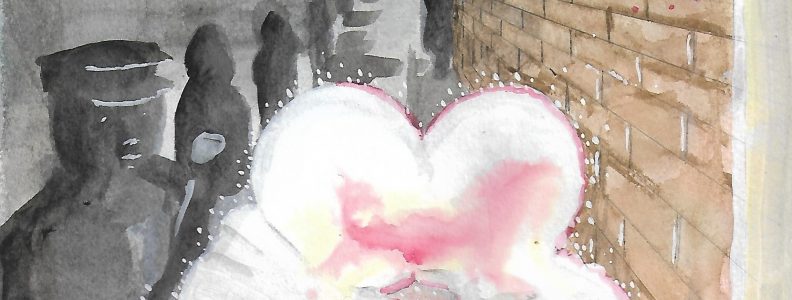Stop Hate UK – watch, share and donate
Stop Hate UK


Stop Hate UK – watch, share and donate

Young writers: use the 7 day story starter challenge to create your own science fiction story set fifty years in the future.

Will a new vulnerability shine through the literature, poetry and plays of tomorrow?